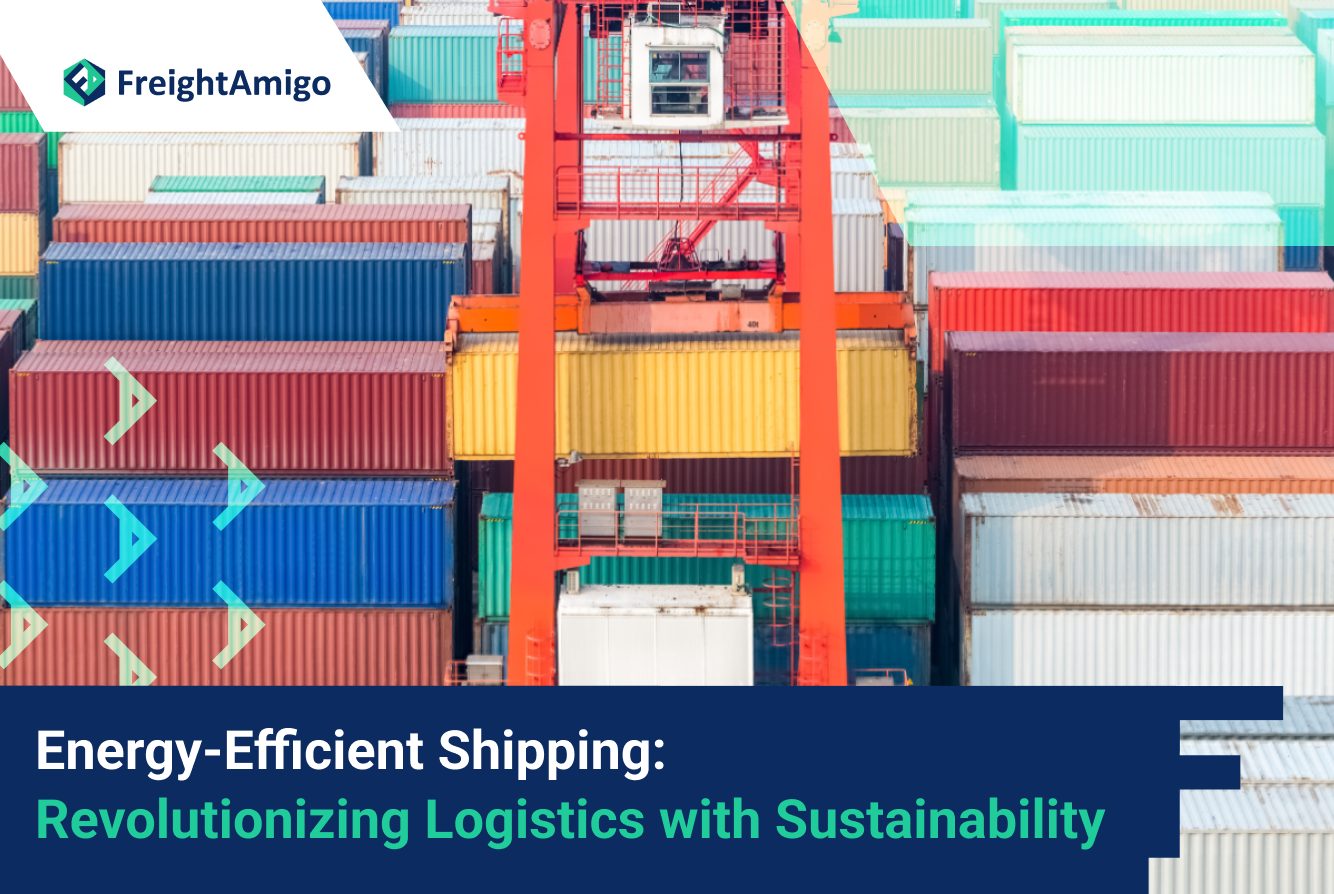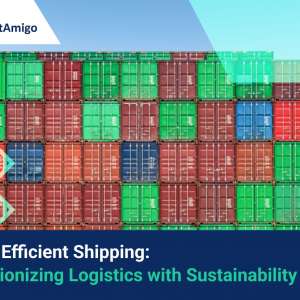Transporting cars has come a long way from the early days of loading them onto conventional cargo ships with cranes. The need for safer and more efficient transport options for large numbers of vehicles led to the development of specialized car carriers. In this article, we will delve into the fascinating history of car carriers, from their humble beginnings to the modern roll-on/roll-off (RoRo) method that revolutionized the industry.
Author Name:Tiffany Lee – Marketing Analyst at FreightAmigo
Want to compare the best Express, Air Freight, Sea Freight, Rail Freight & Trucking rates so as to have better control on cost?
The Early Years: Carrying Cars as Additional Cargo
Before the emergence of dedicated car carriers, cars were often loaded as additional cargo on general cargo ships, including the famous banana steamships. However, this method had its limitations, particularly in terms of load safety for both the vehicles and the main cargo. As the demand for transporting large numbers of cars grew, shipping company Wallenius recognized the need for specialized ships.
The Birth of Car Bulk Carriers
In the early 1950s, the ship “Jakara” became the first car bulk carrier after being converted for this specific purpose. This marked a significant milestone in the history of car carriers. Shortly after, the Rigletto and Traviata were delivered, becoming the first true car transporters. These vessels were designed to transport cars safely and efficiently, addressing the issues of load safety that plagued the previous methods.
The Introduction of Suspension Decks
In 1958, the renowned Blohm+ Voss shipyard developed special suspension decks, which were subsequently installed on approximately 250 cargo ships over the following years. These suspension decks allowed for optimal use of cargo space, specifically for car transportation. However, the loading and unloading process still relied on the ship’s own cranes.
The Rise of the RoRo Method
The RoRo method, also known as Roll-on/Roll-off, is now the common practice in car transportation. It was first introduced in 1963 on the ship type “Aniara.” This innovative method revolutionized the industry by enabling vehicles to be driven directly onto the ship and securely fastened in designated areas. The RoRo method eliminated the need for cranes, streamlining the loading and unloading process.
Advancements in Car Carrier Technology
As the demand for car transportation continued to grow, technological advancements further enhanced the efficiency and safety of car carriers. Specialized equipment, such as vehicle ramps and secure fastening systems, was developed to ensure the secure transport of cars. Additionally, modern car carriers are equipped with state-of-the-art tracking systems, allowing real-time monitoring of vehicle locations.
The Role of Car Carriers in Global Trade
Car carriers play a crucial role in facilitating global trade by transporting vehicles between countries and continents. They enable manufacturers to distribute their cars to various markets efficiently. Car carriers also contribute significantly to the automotive industry’s supply chain by ensuring a steady flow of vehicles to dealerships worldwide.
The Importance of Vehicle Handling Expertise
Car carriers, like FreightAmigo, excel in vehicle handling due to their extensive expertise in the field. Efficient logistics planning and experienced drivers ensure that cars are transported safely and efficiently. By leveraging specialized equipment and adhering to strict safety regulations, car carriers guarantee the secure delivery of vehicles to their destinations.
Compliance and Regulation
Compliance with regulations is of utmost importance in the car carrier industry. Carriers must adhere to safety standards and regulations set by international governing bodies. FreightAmigo, for example, maintains strict compliance with these regulations, ensuring the safe and legal transport of vehicles.
Customer Service and Satisfaction
A reliable car carrier prioritizes customer service and satisfaction. Effective communication throughout the shipping process ensures a seamless experience for customers. Carriers like FreightAmigo continuously improve their operations and dedicate themselves to customer satisfaction, providing peace of mind to businesses and individuals relying on their services.
The Future of Car Carriers
Car carriers continue to evolve alongside advancements in technology and the automotive industry. The future holds the promise of further improvements in efficiency, sustainability, and safety. Autonomous vehicle transport, alternative fuel sources, and enhanced tracking systems are just a few areas where innovation may shape the future of car carriers.
In conclusion, the history of car carriers is a testament to the industry’s commitment to innovation and efficiency. From the early days of loading cars as additional cargo to the introduction of specialized car bulk carriers and the adoption of the RoRo method, car carriers have revolutionized the transportation of vehicles. With their expertise in vehicle handling, efficient logistics planning, and commitment to customer service, car carriers like FreightAmigo play a vital role in ensuring the secure and timely delivery of cars around the world.
There are different options for cargo transportation. If you want to choose the most convenient and suitable solution, it is best to have the full support of logistics experts! If you are planning to ship goods overseas, please go to the FreightAmigo page for inquiries.
===
If you have any inquiries on logistics/supply chain, feel free to contact FreightAmigo now:
Chat with us online OR
Phone : +852 28121686
WhatsApp: +852 27467829









































